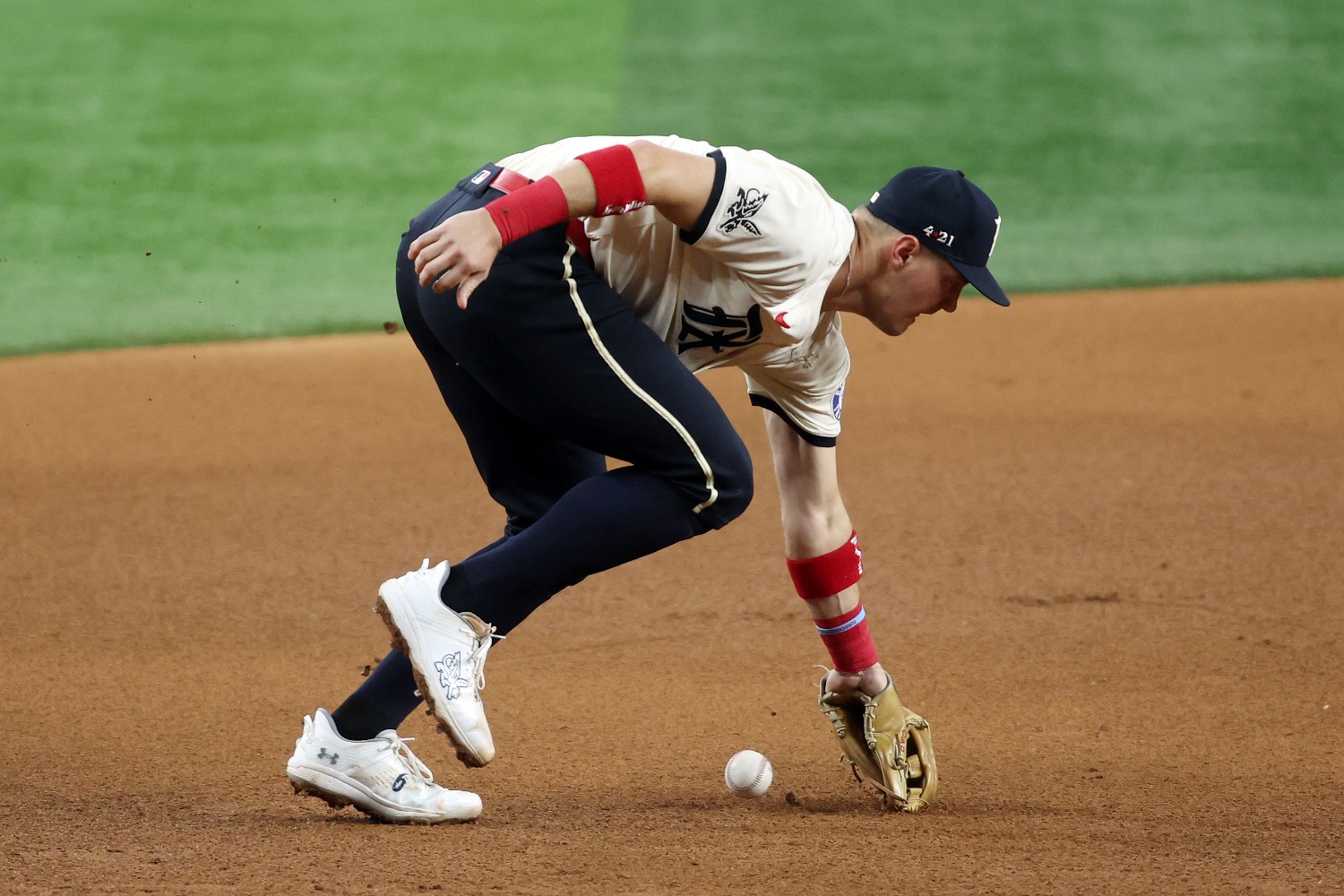How well do you hold up under pressure? Some people claim to thrive on it; for most of us, though, raising the stakes can also raise the likelihood of making a mistake in a big way. This can play out in a variety of settings, from work or home life to professional sports and quiz shows like Jeopardy! — and it can lead to heartbreak in countless ways. All that leads to a larger question: why do so many of us choke under pressure despite having done something similarly under less stressful conditions?
That question is at the heart of a paper recently published in the journal Neuron. Titled “A neural basis of choking under pressure,” the study focused on a group of rhesus monkeys given a complex task with a large reward.
As the scientists learned, their findings supported the idea that “increases in reward drive neural activity during movement preparation into, and then past, a zone of optimal performance.” In other words, too much pressure can leave you too preoccupied to attain your goal.
My Year of Stress and Agitation
Ex-analysts at America’s biggest investment firms reflect on all the sleep that never cameIn a recent article at Nature, Jude Coleman explored the scientists’ findings in depth. In studying the monkeys, Coleman reports, the scientists asked them to do certain tasks and let them know how large of a reward they would get. For the tasks with the largest rewards, the scientists found less motor preparation in the monkeys’ brains — which led to them performing worse than expected in those situations.
The next step for the scientists involved? Looking into how these same principles apply in the human brain. Whether in an office or an athletic field, the results could be transformative.
Whether you’re looking to get into shape, or just get out of a funk, The Charge has got you covered. Sign up for our new wellness newsletter today.
